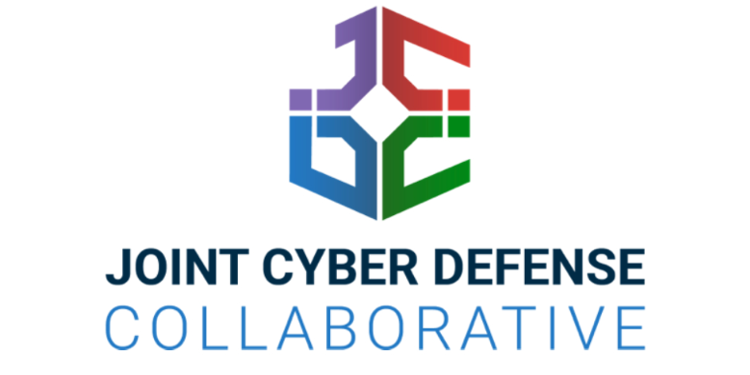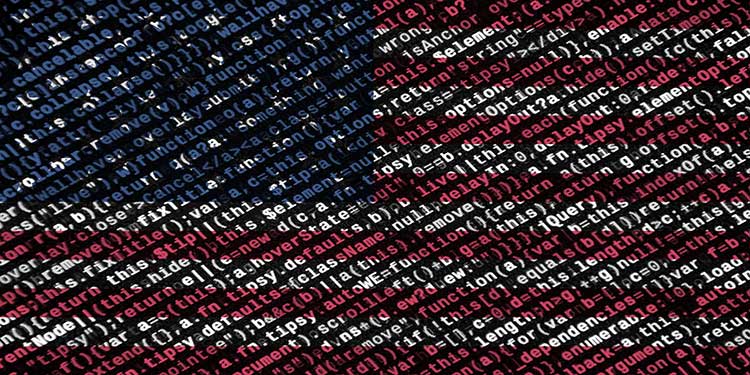The US Cybersecurity and Infrastructure Security Agency (CISA) has given organizations a new resource for analyzing suspicious and potentially malicious files, URLs, and IP addresses by making its …
Continue Reading about CISA’s Malware Analysis Platform could Foster Better Threat Intel




